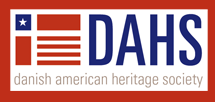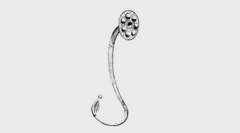Keywords
change, tradition, American immigration, culture, World War I, democracy
Abstract
In a world in flux, the historian must strike a balance between change and tradition. The historian of American immigration and culture particularly sits poised on the knife's edge, seeking universal categories of analysis and understanding while immersing himself in a loving study of distinct peoples, places, and ways of life in disarray. He is the boomer engineer committed to democracy and equality, progress and growth, mobility and technology, science and medicine, individualism and freedom. But he is also the artist, priest, and guardian of culture, the admirer of fragile arts and crafts and tastes perfected over generations, of customs, traditions and folkways that afford people quiet content, of obsolescent manners, civilities, persons, and things that please. He is both a modern American and many others, perennially at odds with his varied personae. He is of necessity divided between his commitment to the promise of the great society and a concern for the identities of all its components. An understanding of the emergence during World War I of America 's first transethnic historian should contribute to our comprehension of Marcus Hansen as a precursor to Oscar Handlin, both as a historian and as an American shaped by historical circumstances that have made for the internationalization of American history.
Recommended Citation
Rischin, Moses
(1984)
"Marcus Lee Hansen: America's First Transethnic Historian,"
The Bridge: Vol. 2:
No.
2, Article 6.
Available at:
https://scholarsarchive.byu.edu/thebridge/vol2/iss2/6
Included in
European History Commons, European Languages and Societies Commons, Regional Sociology Commons


